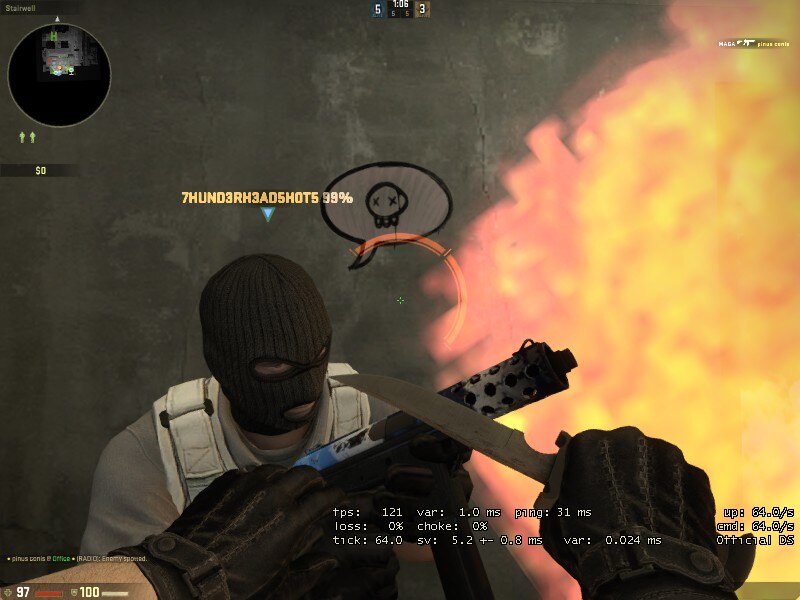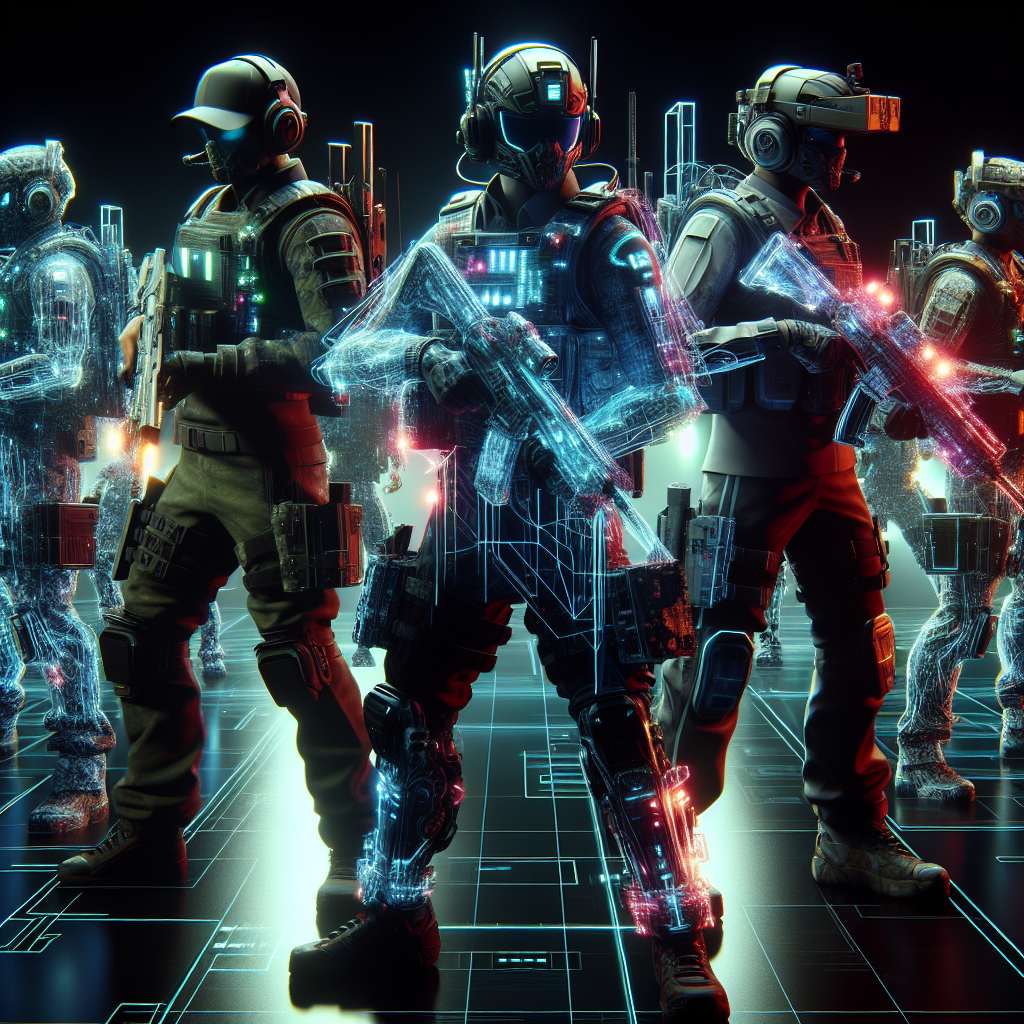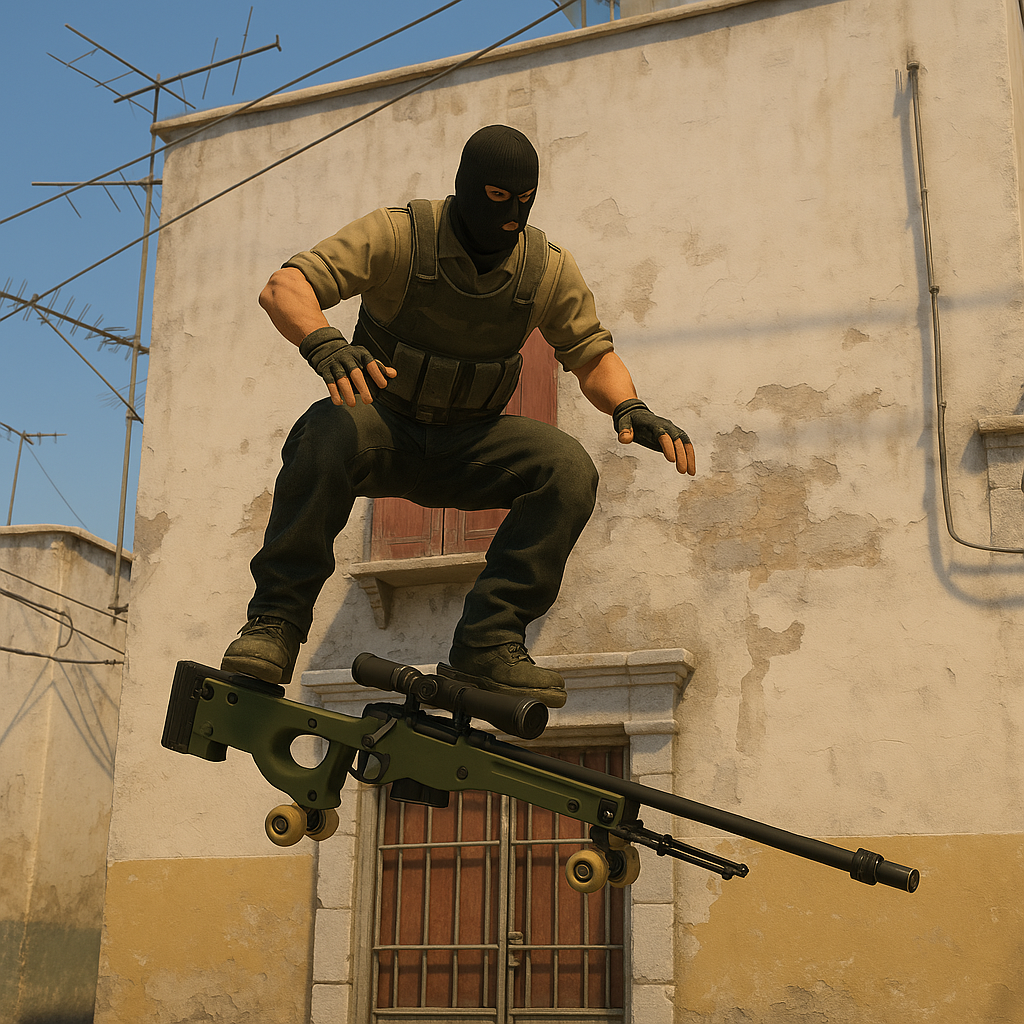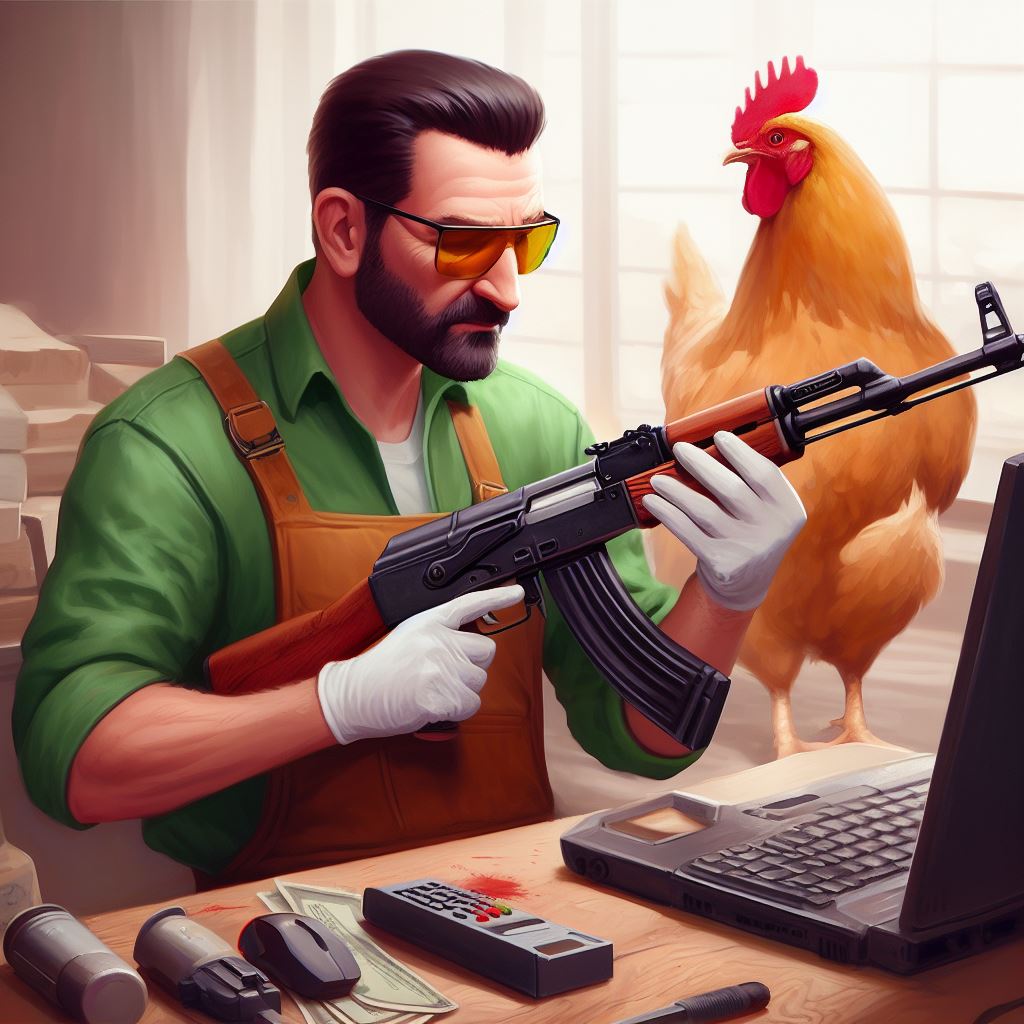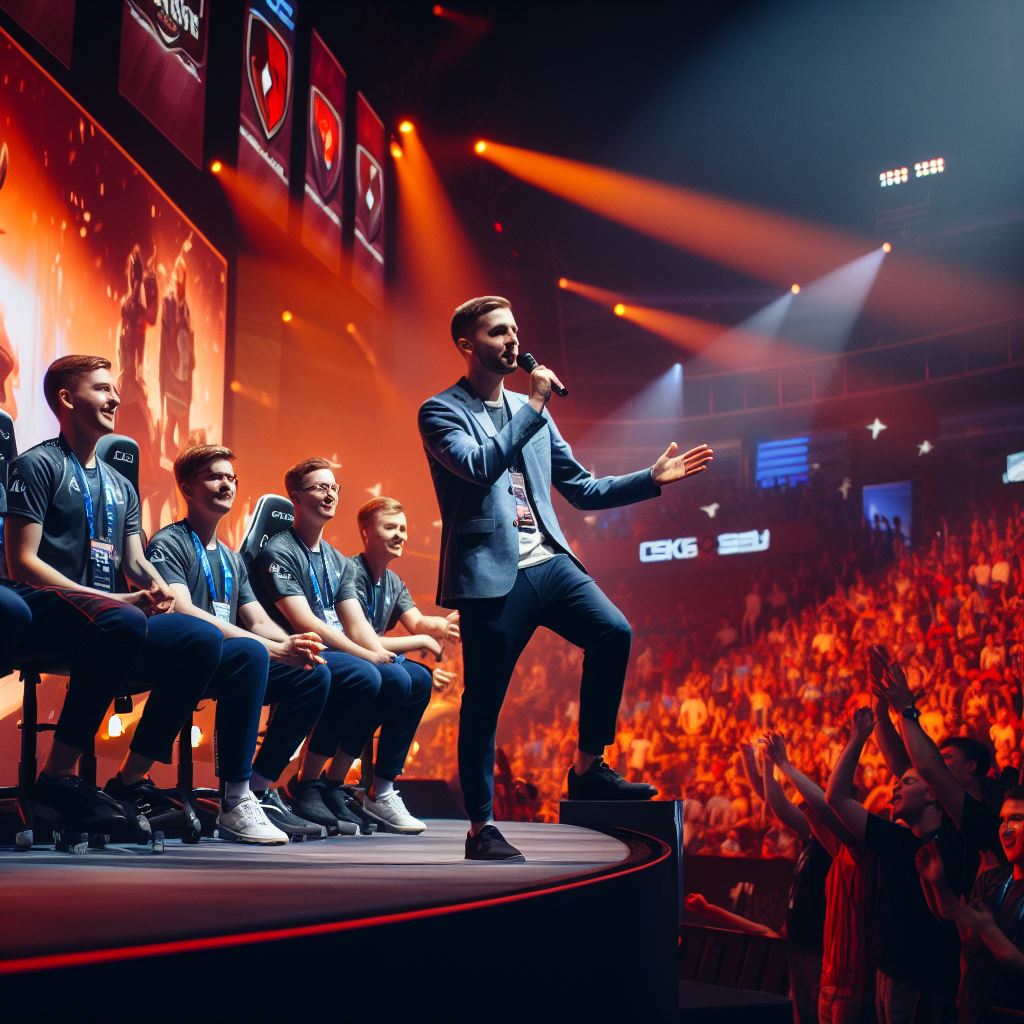The Impact of Doubt in Counter-Strike: 10 Reasons It Affects Your Performance
In the fast-paced and competitive world of Counter-Strike, success often hinges on more than just sharp reflexes and precise aim. Mental fortitude and a clear mindset play a crucial role in your performance. Doubt, that nagging feeling of uncertainty or self-questioning, can significantly impact how you play. Here are ten reasons how doubt can affect your performance in Counter-Strike:

- Hesitation in Decision-Making: Doubt can lead to hesitation. In the heat of a match, a split-second decision can be the difference between securing a kill or falling to an opponent. Doubt can make you question your choices, causing delays that can be detrimental to your gameplay.
- Missed Shots: Doubt can erode your confidence in your aiming abilities. As you second-guess your shots, your accuracy may suffer. You might find yourself missing easy kills, contributing to lost rounds for your team.
- Lack of Confidence: Counter-Strike is as much a mental game as a physical one. Doubt can shake your confidence, making you feel less capable and self-assured. Confidence is vital for clutch plays and bold strategies.
- Negative Self-Talk: Doubt often leads to negative self-talk. You might criticize your own performance, berating yourself for every mistake. This self-criticism can be a self-fulfilling prophecy, further hampering your gameplay.
- Fear of Taking Risks: In Counter-Strike, calculated risks can lead to game-changing plays. Doubt can make you risk-averse, causing you to play too cautiously. This can be detrimental, as taking calculated risks is often necessary to secure victories.
- Inconsistent Performance: Doubt can lead to inconsistent performance. Some days you might play exceptionally well, while on others, you struggle to make an impact. Doubt disrupts your ability to maintain a consistent level of play.
- Poor Communication: Effective communication is essential in team-based games. Doubt can hinder your ability to communicate with your teammates. You might hesitate to call out crucial information or provide direction, which can lead to misunderstandings and poor teamwork.
- Second-Guessing Strategies: When you doubt your chosen strategies or tactics, you may switch them mid-game. This lack of commitment to a plan can lead to disorganization and make it difficult for your team to execute a cohesive strategy.
- Tilt and Frustration: Doubt can contribute to tilt, the emotional frustration that occurs when things aren't going your way. This can lead to a negative spiral, where frustration affects your gameplay even further.
- Performance Anxiety: Doubt can lead to performance anxiety, especially in high-stakes matches. As the pressure mounts, your doubt can intensify, making it challenging to perform at your best when it matters most.
In the world of Counter-Strike, mastering your mental game is just as critical as honing your mechanical skills. Recognizing the impact of doubt and learning to manage it can make a substantial difference in your performance. By addressing these ten reasons, you can develop the mental resilience needed to succeed in the competitive arena of Counter-Strike. Remember that doubt is a natural part of the game, but with practice and the right mindset, you can overcome it and become a more confident and successful player.

